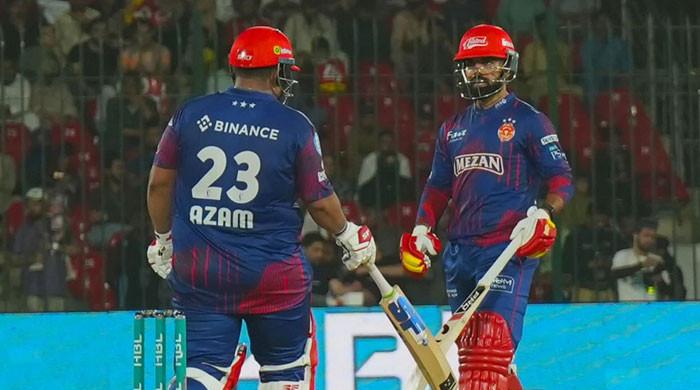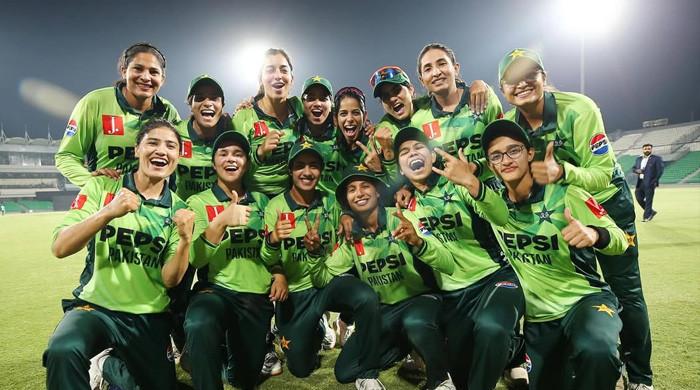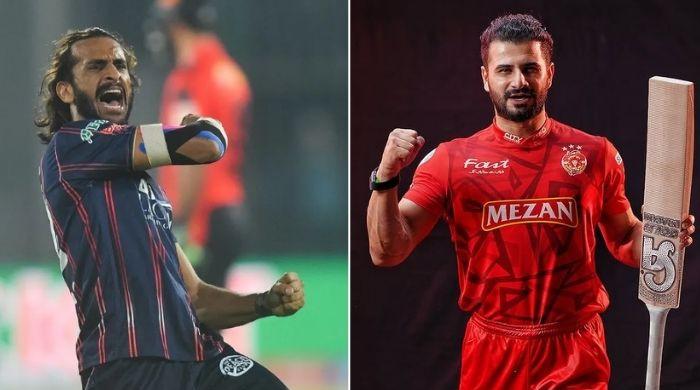Did PCB give 'over exposure' to Pakistan team on social media?
While people are praising the team for their outstanding performance some are highlighting the flaws of PCB
November 13, 2021

Pakistan’s performance during the ICC Men’s T20 World Cup has been the talk of the town despite the heartbreaking exit of the Men in Green after a five-wicket defeat at the hands of Australia in the semi-final on Thursday.
While people are praising the team for their outstanding performance, some have highlighted the flaws of the Pakistan Cricket Board (PCB) management.
Among these was sports journalist Saleem Khaliq who criticised the PCB for “overexposing” the players on social media.
“Did we participate to win the tournament or people's hearts?" he questioned, adding that cricketers prove their mettle with the bat and ball, but Pakistan's players were "made to engage in wordplay".
“There was no utility in making scripted videos; they [PCB] should have let them [players] focus on their game. No other cricket board, except for Pakistan, did this," the journalist said.
Khaliq added: “Are we smarter than everyone else, or...”
Following his tweet, a debate was initiated on Twitter as netizens came to PCB’s defence.
Veteran sports journalist Rehanul Haq was quick to point out that Australia made an entire dressing room documentary. "Most sports teams across the planet are making BTS films bringing fans closer to athletes, humanising them, making them more relatable," he said.
Sports journalist Sawera Pasha, in response to Haq, said opportunists are always on the lookout for something to criticise. "The team did not give us an opportunity for criticism with their performance, but that's okay, let's just turn our guns to PCB," she wrote.
Sports writer Rizwan Ali, agreeing with Rehanul Haq, said: “I wish they [saw] at least the Australian documentary before criticising the projection of Pakistan team.”
Ali also pointed out that skipper Babar Azam's dressing room video garnered 25 million views. “That’s the reach of excellent content which you say was overexposed,” he added.
Comparing Khaliq with Indian journalist Arnab Goswami, Australian cricket enthusiast Dennis Freedman accused the Pakistani media of finding the most ridiculous angles for criticism.
Another journalist Zubair Ali Khan pointed out that there was no need for such criticism. “When the team performs well people want to hear from them,” he said.











